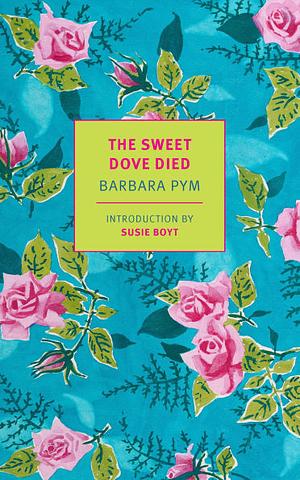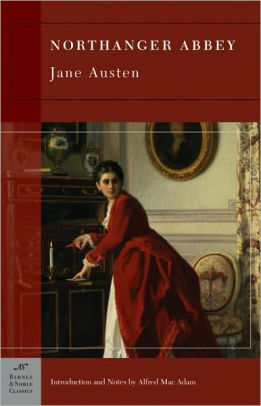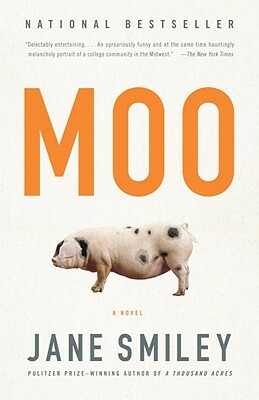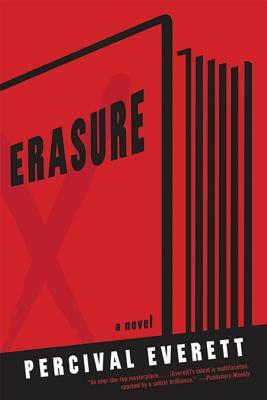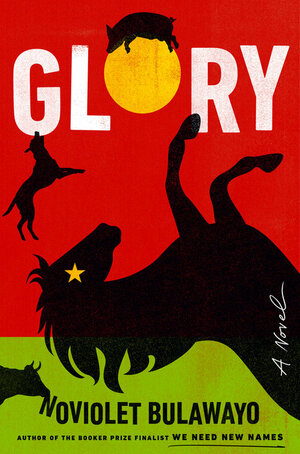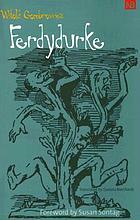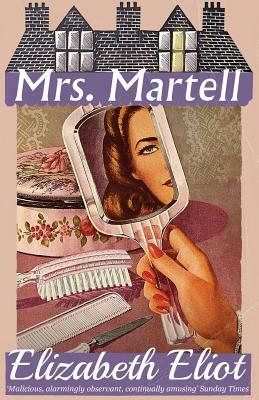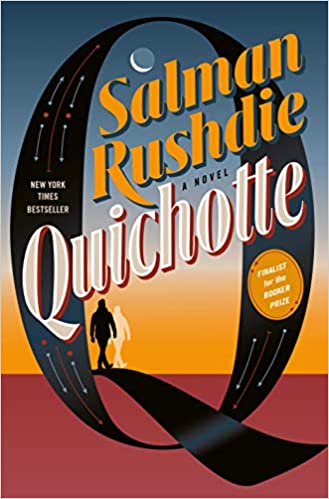It’s November, so it’s time for another yearly event, Novellas in November. I’ll start out this post with a recap of the novella reading I did during the year and finish with my first review. Since the beginning of the year, I’ve been tagging books with the word “novella” so that I don’t have to look at the page count for each. I think that since last year’s event, I have read quite a few more novellas than usual, and at least two that I read about during the event.
Novellas Read So Far This Year
Here are the novellas I have read up to this point, not counting the ones I am reviewing for this event, 20 of them!
- Study for Obedience by Sarah Bernstein
- Across the Common by Elizabeth Berridge
- The Stone Door by Leonora Carrington
- The Night of Fear by Moray Dalton
- One by One They Disappeared by Moray Dalton
- Clear by Carys Davies
- Treacle Walker by Alan Garner
- The Quiet American by Graham Greene
- Orbital by Samantha Harvey
- Catherine the Ghost by Kathe Koja
- Lady Living Alone by Norah Lofts
- The Country Girls by Edna O’Brien
- Girls in Their Married Bliss by Edna O’Brien
- The Lonely Girl by Edna O’Brien
- The Informer by Liam O’Flaherty
- What Sheep Do in Iceland When Nobody Is Around by Brian Pilkington
- The White Bear by Henrik Pontoppidan
- The Bloater by Rosemary Tonks
- Absolutely & Forever by Rose Tremain
I know that some people are counting short nonfiction, but I am not, and anyway, that would only add one more book to this list.
My Review
I decided to include this book as the first one for Novellas in November even though it is a few pages too long at 210. It is a book that wasn’t published for some years after it was written, during a time when Pym was considered past her prime before being rediscovered, and in its subtle way, it’s a little darker than she is known for.
Humphrey Boyce and his nephew James meet Leonora Eyre at a book auction when she nearly faints after a successful bid. Leonora is an elegant woman of a certain age, the kind then considered fragile. (I don’t think we have any of those anymore.) She is single and can be cold, and she is definitely snobbish, but then so are James and Humphrey. Both James and Humphrey are attracted to her, but although she is closer in age to Humphrey, who is in his 60s, she prefers James, in his 20s. (We know Leonora is “of a certain age,” but exactly how old is hard to say. Middle age came earlier even as recently as the 1960s.)
James is comfortable with Leonora, but there is no hint that he feels romantic about her, whereas when Leonora learns he has a girlfriend in the country, Phoebe, she sets to work to drive her away. While he is on a buying trip in Europe, she boots out her old lady tenant and moves his things into the attic apartment in her house, even taking some of them to decorate her own rooms. But he returns with an even more dangerous friend, an American named Ned. In the meantime, Humphrey is competing with James.
James is sweet-tempered and naïve, so he worries about hurting Leonora’s feelings, but she seems to me like an attractive spider. It’s ironic that she disdains her friend Meg for a similar relationship with a young gay man named Colin.
This novel is insightful into human behavior and slightly biting. It contrasts the new behaviors and mores of the young with the much more formal manners of the older characters. In fact, from the first few sentences, when stodgy Humphrey remarks that a book sale is no place for a lady, I wondered if I was in 1867 instead of 1967.
I received this novel from the publisher in exchange for a free and fair review.


